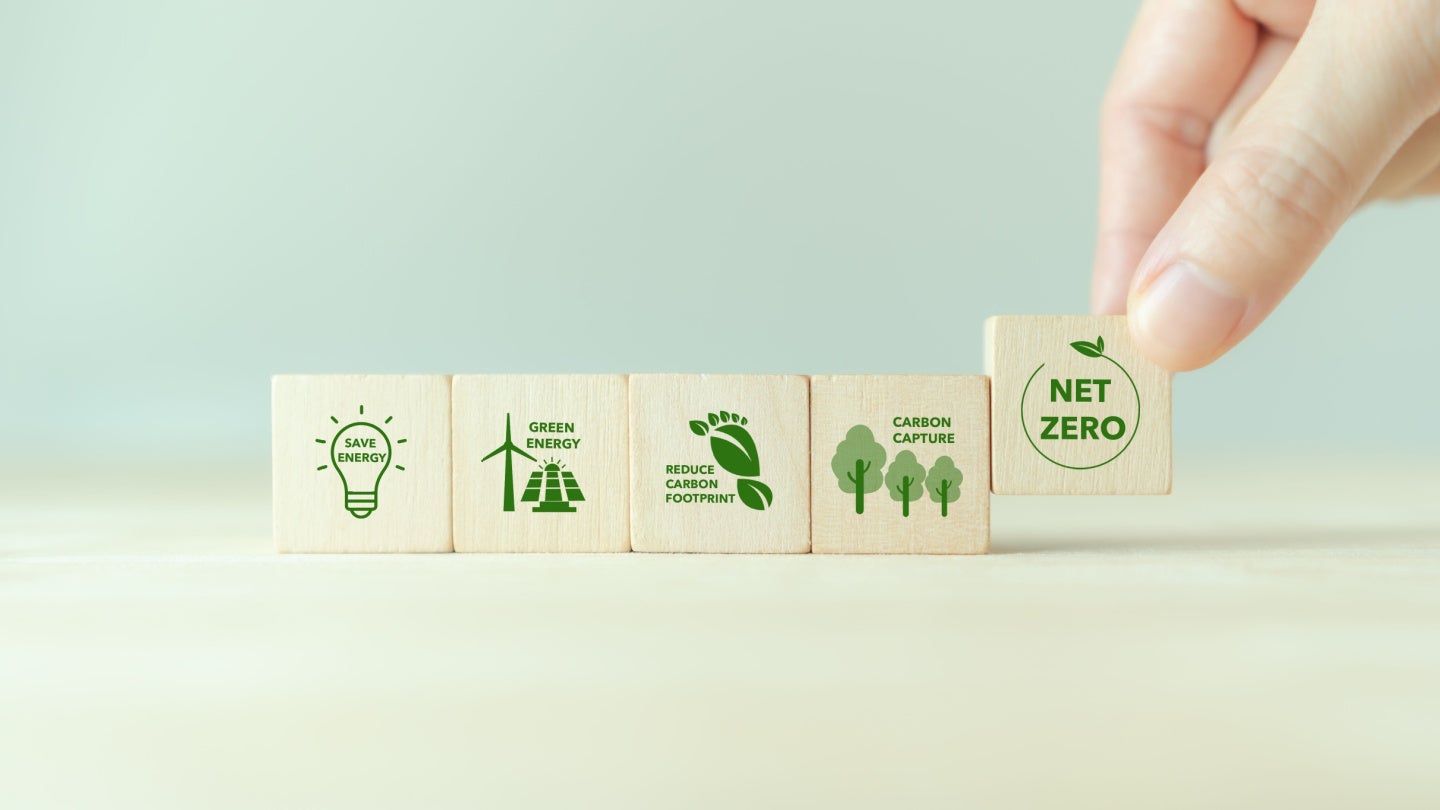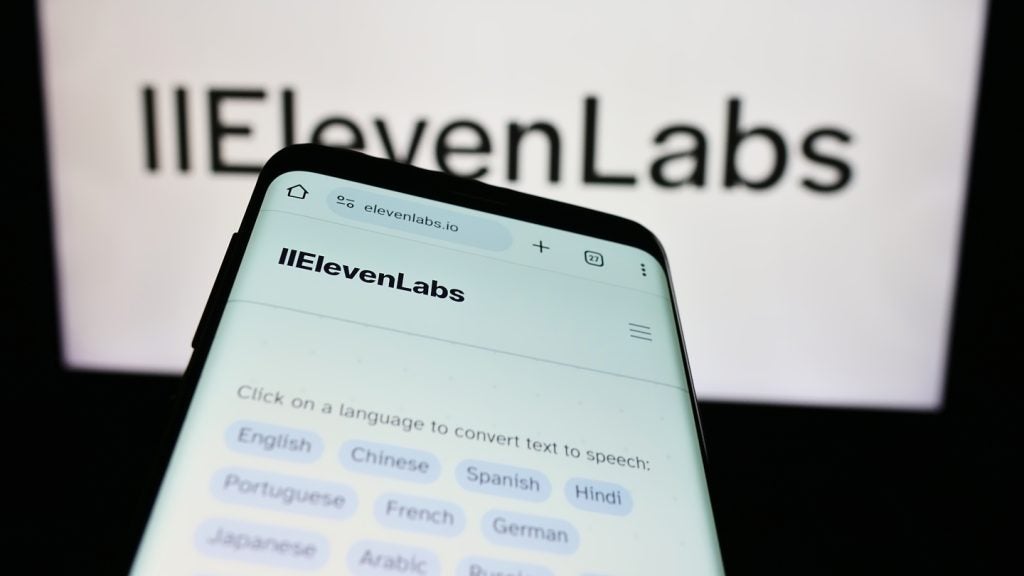Many companies rely on carbon offsets to reduce their net emissions or claim they are carbon neutral.
When a company buys an offset, the money goes toward funding a project that puts emissions on a lower trajectory than if that project had not been undertaken. Such projects often involve protecting forests or planting trees. However, measuring this and therefore calculating the exact impact of the project is difficult and relies on assumptions.
There is a lack of agreement on what kind of assumptions are reasonable, which is why some offsets have come under severe criticism.
Offset claims criticized
In January, a group of media outlets published joint research showing that 90% of the carbon offsets approved by Verra, an offset verifier, were likely to have overstated the amount of CO₂ offset by a significant amount of its rainforest offsets. Such offsets aim to protect rainforests to keep CO₂ stored and help store more. Verra defended itself against the claims, but eventually, the CEO of Verra stepped down. The story was significant because Verra is the largest accreditor of offsets, and because rainforest offsets make up the largest proportion.
Both sides had valid points. The issue was the underlying assumptions used to calculate offsets, and these are ultimately subjective. The lack of measurability has put some companies off offsets altogether.
How well do you really know your competitors?
Access the most comprehensive Company Profiles on the market, powered by GlobalData. Save hours of research. Gain competitive edge.

Thank you!
Your download email will arrive shortly
Not ready to buy yet? Download a free sample
We are confident about the unique quality of our Company Profiles. However, we want you to make the most beneficial decision for your business, so we offer a free sample that you can download by submitting the below form
By GlobalDataThe CEO of United Airlines, the world’s third largest airline, said at a Politico event in May that most offset projects are ineffective. “They’re planting trees or not cutting down trees, but they’re trees that were going to either be planted anyway or trees that were never going to be cut down,” he said. United Airlines said it would instead invest in tackling emissions at their source.
easyJet is taking a similar approach, and last year closed its offsetting scheme in which it fully offset the emissions from its flights. Instead, it says it will invest in fuel-efficient aircraft, greener fuels, and untried technologies such as hydrogen-powered aircraft. Nestlé announced in July that it will shift away from offsets and instead focus on emission reductions across its own operations and value chains.
Carbon removals and storage are gaining momentum
Some offset buyers are switching to carbon removals, where CO₂ is physically removed from the atmosphere and stored. It is measurable and does not rely on assumptions.
JP Morgan, the largest bank in the US and previously a large buyer of offsets, announced in May that was going to spend $200m on removals to store 800,000 tons of CO₂. Carbon removals are more robust than offsets. An offset does not necessarily store carbon or reduce the amount of CO₂ in the atmosphere.
Microsoft is another former offset buyer that has switched to removals. In May, it announced it was buying 2.76 million tonnes of removals from Danish energy company Ørsted, which will capture and store CO₂ from a biomass plant.
By buying removals rather than offsets, companies are less exposed to accusations of greenwashing, where companies exaggerate their green performance. Companies need to be aware that carbon neutrality claims based on offsets are unlikely to receive the warm reception they once did.
They also need to be aware that interest in removals is growing rapidly against constrained supply. For companies that need to tackle hard-to-abate emissions over the long term, it will pay to switch to removals early.








Related Company Profiles
Microsoft Corp
United Airlines Holdings Inc
easyJet Plc
JPMorgan Chase & Co